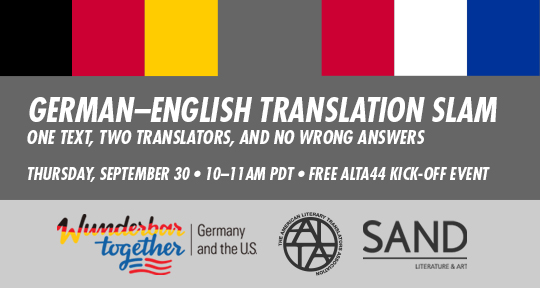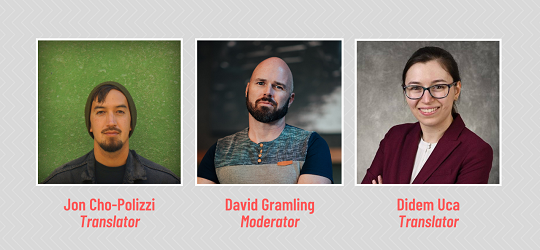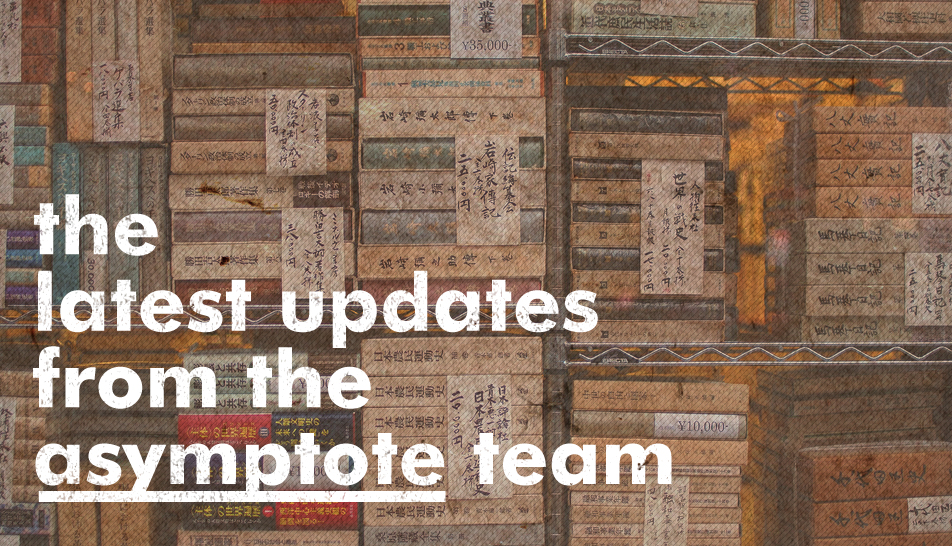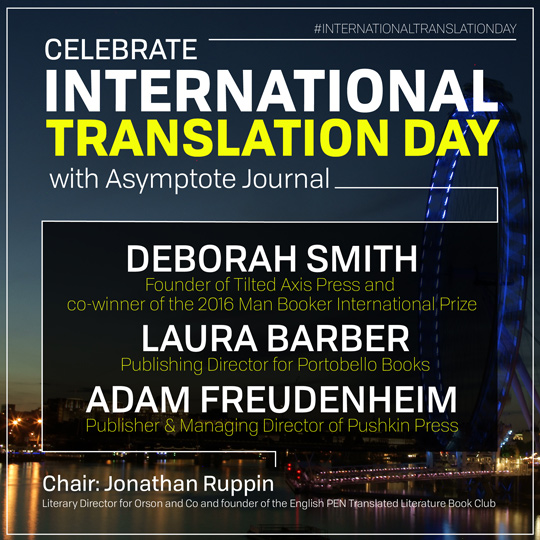Dear reader,
Happy International Translation Day! As opposed to National Translation Month, this UNESCO-designated day—also the day of the feast of St. Jerome aka the patron saint of translators—recognizes the truly international nature of translation and as such holds a special place in our hearts. Here are just five suggestions for how to commemorate this day:
Read Herta Muller: “Translation requires an inner urgency that will make that which is different as close to the original as possible. Finding this eye-to-eye contact is extremely difficult. It is a great art.”
Get lost in our world map: Did you know? You can explore all the work that we have published in our ten years (hailing from 127 countries and 113 languages) through an interactive world map that also allows you to filter by genre.
Sign up for our Book Club: Subscribers receive a surprise title in the mail, join our community of translation fans, and get special access to Zoom Q&As with the author and/or translator of each book—all from as little as USD15 a month!
Discover the deformation zone: Says Editor Johannes Göransson: “In the deformation zone of poetry, the ‘original’ and the translation are involved in an atmospheric dance: their relationship is not the conventional one of original-versus-debased-copy but something more dynamic, something like forces and patterns that rewrite each other. The American Meteorological Society tells us that a deformation zone is ‘a region of the atmosphere where the stretching or shearing deformation is large.’ I would add that the deformation zone is where the most exciting writing and translating is taking place. To open up such zones, we need translations.”
Become a supporter of Asymptote: Unapologetically international, Asymptote does not receive ongoing funding from any organization, let alone qualify for emergency relief grants that our American counterparts receive. That’s why we are hoping that readers like you can keep us going. If you’ve personally benefitted from our work these past ten years, please take a few minutes to sign up in support of our mission today. We can’t wait to welcome you to the family!








